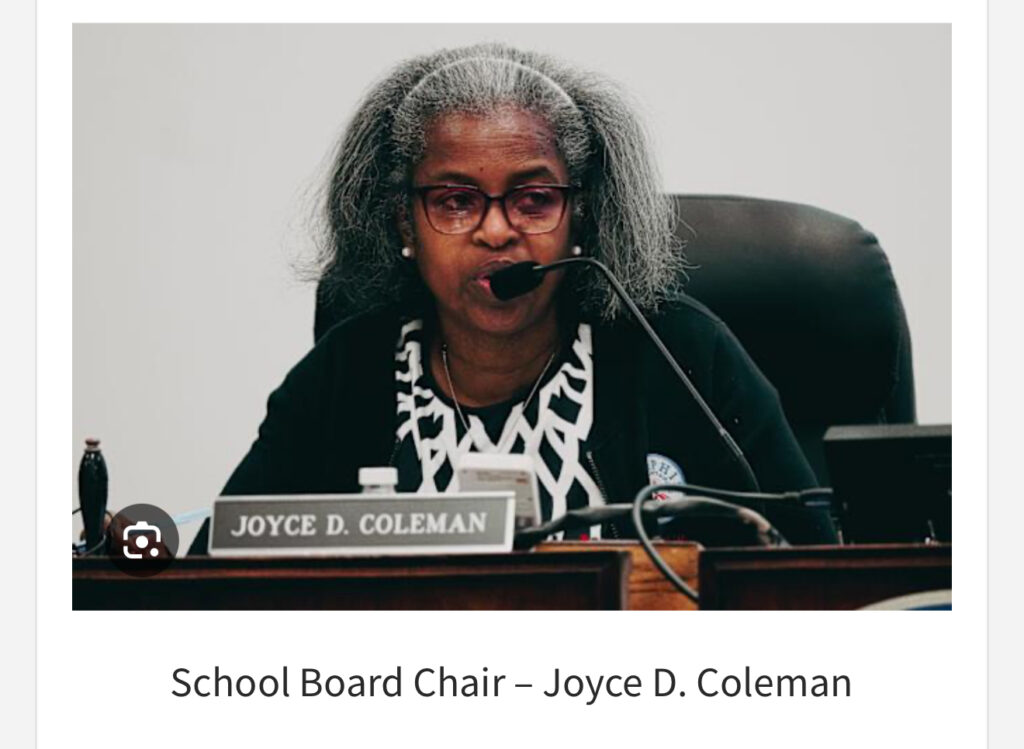
Lead in the Fountains, Trust Down the Drain: Public Health Specialist Faults MSCS Leadership as State Takeover Momentum Builds
By: Shelby County Observer on August 29, 2025

MEMPHIS, TN – This month, Memphis-Shelby County Schools (MSCS) acknowledged unsafe lead levels at 24 schools, with 27 contaminated water sources—and in at least two cases, drinking fountains tested above the state limit of 20 parts per billion, with several sites registering 10x that threshold. The Shelby County Health Department urged testing for exposed students, and the district says the affected sources were shut off and bottled water provided. But the public-health headline is only the first paragraph: over 10% of district schools flagged a problem in the latest round of state-mandated testing—up from 10 schools when Tennessee’s testing began in 2019. In a district already battling distrust, this is an avoidable wound with generational consequences.
Policy context. Tennessee law requires periodic lead testing and immediate mitigation in schools (with additional federal tightening under EPA’s 2024 Lead and Copper Rule Improvements). When results exceed action levels, schools must notify families quickly and retest until safe. Compliance isn’t merely paperwork; it’s a duty of care.
“The district can’t hide behind bottled water and press releases. This is not just about test results on a lab sheet — it’s about governance,” said a public health policy specialist, also speaking on condition of anonymity. “MSCS had clear legal obligations under both Tennessee law and the federal Lead and Copper Rule. By responding only after dangerous levels were confirmed, the district turned a duty of prevention into a scramble for damage control. That’s the very definition of systemic failure.”
The classroom crisis that compounds the harm
Even if the taps run clean tomorrow, classrooms are still short of certified teachers. Weeks before school opened, district statements pegged vacancies at roughly 317—especially in special education and elementary—triggering merged classes, virtual stopgaps, and long-term subs. The Shelby County Observer sharpened the human stakes: an estimated 20,000 students began the year without a licensed teacher. Whether you take the district’s vacancy count or the Observer’s student estimate, the picture is the same: the children most likely to ingest lead from aging facilities are also the ones most likely to face under-credentialed instruction. That’s not just inequity; it’s compounding risk.
Tunnel vision kills the vision
MSCS’s troubles are not episodic; they’re patterned. Leadership churn and litigation—illustrated by the court’s Aug. 11 denial of former superintendent Marie Feagins’ bid for reinstatement—have collided with a $6 million state forensic audit now underway, after lawmakers accused the district of financial irregularities and even record destruction. The audit is explicitly framed as a precursor to reform—possibly a state intervention. The lead crisis simply makes the case more urgent.
Governance déjà vu—decades in the making
Memphis has cycled through superintendents, boards, restructurings, and rebrands, but the governance culture has stayed stubbornly familiar: delayed maintenance (now a billion-plus backlog), reactive staffing, contested transparency, and an allergy to outside charter school partners when they’re most needed. Recent charter decisions—especially around opportunity schools, schools for the homeless, and former ASD campuses—signal a posture that often resists proven external operators even in chronically low-performing schools. That insularity is how today’s emergencies become tomorrow’s traditions.
The case for outside, time-bound state leadership
Legislators have previewed a state-appointed “board of managers” with authority over budgets, contracts, and operations—paused only to await audit findings. Sen. Brent Taylor and Rep. Mark White have stated the push isn’t over; the lead crisis, coupled with teacher vacancies, strengthens the case that status quo governance cannot self-correct.
Why a takeover is now the ethical choice
When lead appears in student drinking water and licensed teachers don’t appear in twenty thousand seats at once, the system is broadcasting its limits. Continuing under the same governance habits isn’t “local control”—it’s local abdication. Outside leadership—strictly temporary, radically transparent, and judged by health, staffing, and learning outcomes—offers the clearest path out of the tunnel.